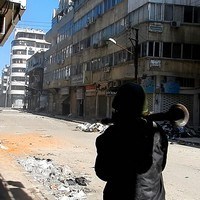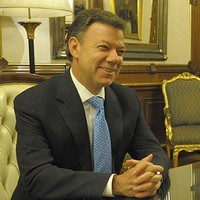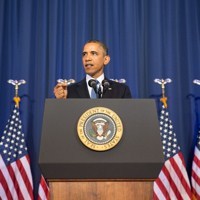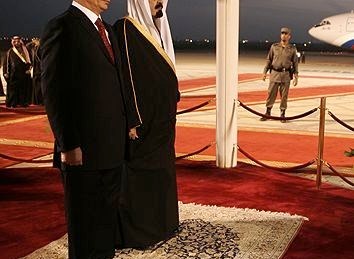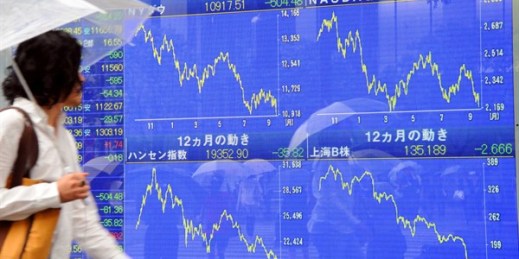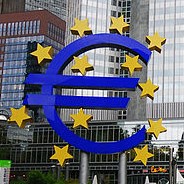
Secretary of State John Kerry’s powerful speech this afternoon makes it all too clear that the U.S. is progressing toward military strikes on Syria. There is dire humanitarian need, with the gassing of civilians being only the latest atrocity. Yet the Obama administration’s choice of tactics to meet that need are too limited; intervention by cruise missile will not sufficiently protect civilians and is therefore not ethically defensible. Writing for the Huffington Post today, Jeff McMahan lays out the ethical framework for assessing the potential U.S. strikes on Syria. Given the Syrian government’s attacks on its civilians, strikes intended “to […]

